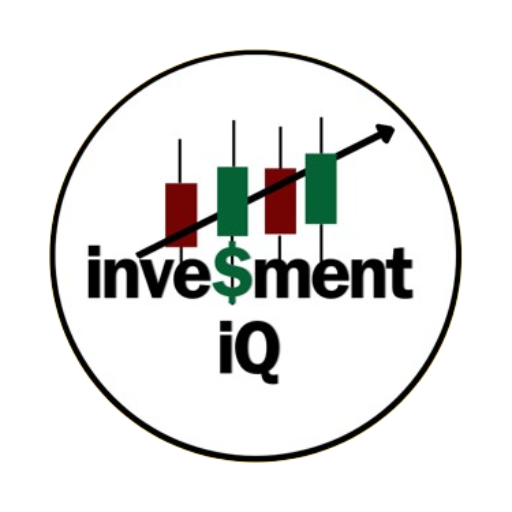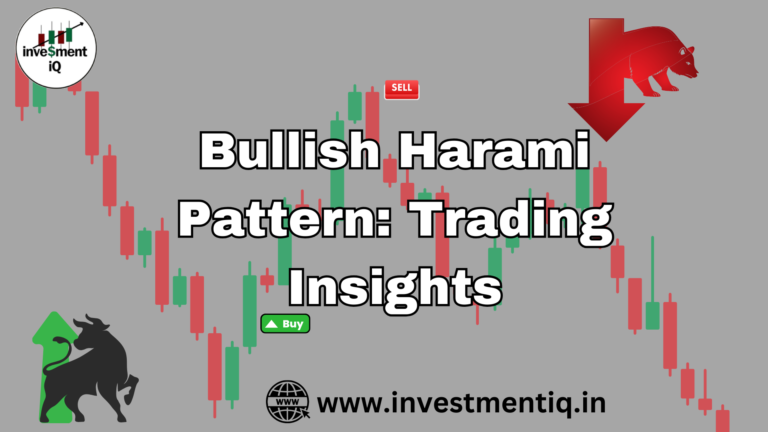DMA, or Direct Market Access, is a trading platform that allows investors to directly access the stock market without the need for a broker or intermediary. This platform has gained popularity in recent years due to its ability to provide faster and more cost-effective trading experiences. In this blog, we will delve into the world of DMA in the stock market, exploring its benefits, risks, and how it works.
What is DMA in Stock Market?
DMA in the stock market refers to a trading platform that allows investors to directly access the stock market without the need for a broker or intermediary. This platform uses advanced technology to connect investors directly to the stock exchange, enabling them to execute trades quickly and efficiently.
How Does DMA Work?
DMA works by using advanced technology to connect investors directly to the stock exchange. This technology allows investors to place trades directly with the exchange, bypassing the need for a broker or intermediary. This direct access to the stock market enables investors to execute trades quickly and efficiently, reducing the risk of errors and increasing the speed of execution.
Benefits of DMA
DMA offers several benefits to investors, including:
- Faster Execution: DMA allows investors to execute trades quickly and efficiently, reducing the risk of errors and increasing the speed of execution.
- Lower Costs: DMA eliminates the need for a broker or intermediary, reducing the costs associated with trading.
- Increased Control: DMA provides investors with direct control over their trades, allowing them to make decisions quickly and efficiently.
- Improved Transparency: DMA provides investors with real-time market data and trade execution, improving transparency and reducing the risk of errors.
Risks of DMA
While DMA offers several benefits, it also carries some risks, including:
- Liquidity Risk: DMA requires investors to have sufficient liquidity to execute trades, which can be a risk if the market is illiquid.
- Market Volatility: DMA can be affected by market volatility, which can result in losses if investors are not prepared.
- Technical Issues: DMA relies on advanced technology, which can be prone to technical issues, such as connectivity problems or system failures.
How to Use DMA
To use DMA, investors must first open a trading account with a DMA provider. This provider will then connect the investor directly to the stock exchange, allowing them to execute trades quickly and efficiently.
Conclusion
DMA in the stock market offers several benefits, including faster execution, lower costs, increased control, and improved transparency. However, it also carries some risks, including liquidity risk, market volatility, and technical issues. By understanding how DMA works and the benefits and risks associated with it, investors can make informed decisions about whether to use this platform for their trading needs.




